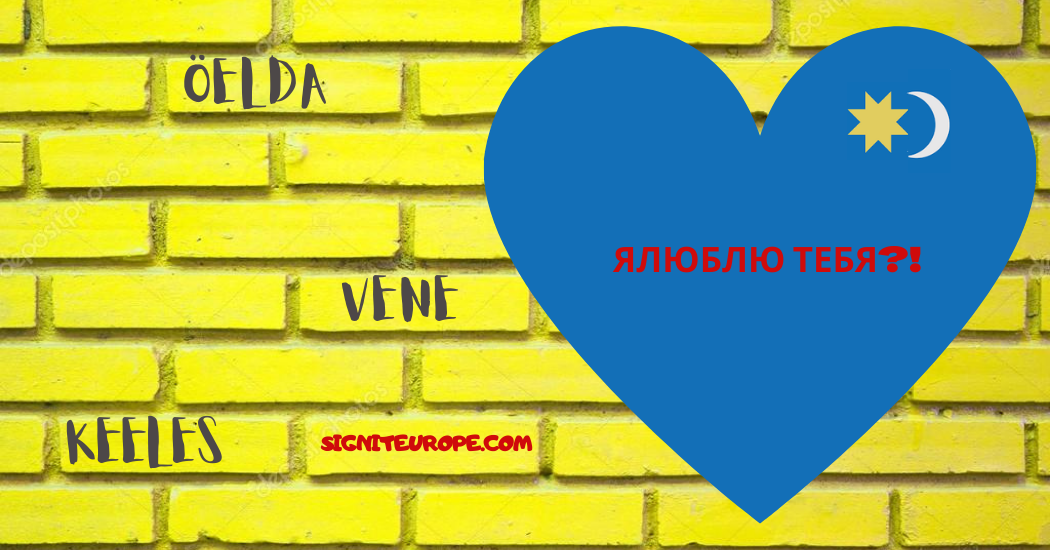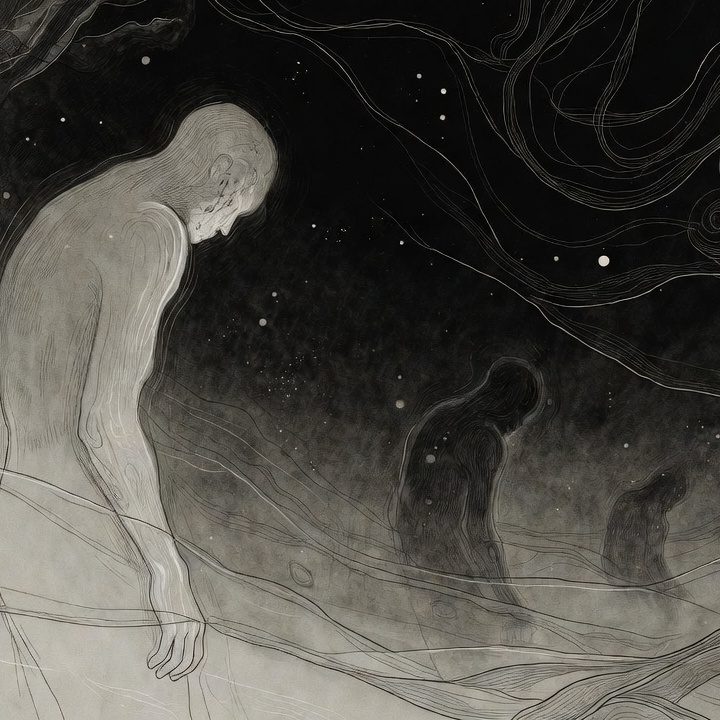Minority Lives Matter: also of the Russians in Estonia!
2020. 11. 02. 23:25:31
It is undoubtable that memberships of the European Union, the institutions of the EU as well as the harmonisation of laws have brought positive changes for the minorities of the member states in many areas. However, there is still a lot to achieve, especially in Estonia, where Russians, who are represented in a significant number, live as a minority, even though, in some regions, they are actually the majority. Is there a legal opportunity that would mean a solution to the concerns of Russian influence on Estonian politics as well as to Russians living in Estonia as secondary citizens? Good news; there is! Even better news; it’s so close, we just have to reach out and grab it.
How does one become a minority?
Until now EU laws have only considered those groups minorities that are represented in lower numbers than the rest of the inhabitants, those who consist a nation. Nevertheless, EU laws have not been able to resolve a certain issue which caused minorities problems that slow them down and stop them from developing and thriving. Namely, in those areas where minorities are represented in large numbers, furthermore, they might consist the majority, why are they not entitled similar rights to the majority of the entire nation?
Today, Estonia is a proud member of the European Union.
Nevertheless, the fact that the people that makes up a significant part, more than twenty per cent of the entire population is under the necessity of living as secondary citizens overshadows the politics of the country that was the first post-Soviet nation which joined the Eurozone. In a Union where, in theory, every discrimination is prohibited, it looks like Russians in Estonia have been forced to build up a parallel society. Beyond analysing historical truths, the question that both Estonian politicians and simple Russian citizens face on almost a daily basis is how to get out of this vicious circle. All that in a European Union that is monitoring more and more suspiciously the political games played by Russia in the former communist countries.
There is a solution,
though and it’s right in front of us. The aim of the initiative handed in by the Székelys, a minority living in Transylvania, is that those territories where the minority of a country forms a majority becomes a European Union Region, thus acquiring the right to use developmental resources that they consider useful for their growth and that serves their economic development better.
By this solution, the Estonian Russians could become a part of the Union’s blood circulation. They would be the beneficiaries of a global institution where their interests connected to Russia could slowly wear out or go away completely. The Estonian government could also get rid of the burden of being continuously terrified of more than three hundred thousand Russian citizens. After all, it would be in no one’s interest to ruin a region that has a Russian majority but still functions as part of Estonia and has thousands of economic connections to the European Union, especially not in the interest of the Russians living and thriving there.
Based on the principle
that economic development is the fundamental interest of not only the minority but also the state and its majority nation, that the opportunity of growth can be the secret of eternal peace, a citizen who thinks responsibly using European parameters can do no other but sign the EU initiative about National Regions, which you can do here. For further information, please visit the initiative’s website or see our Facebook, Twitter, Instagram and YouTube channel!
(Nethuszár)
Mi folyik itt? Aktuális ügyek
Lokál'20
Kevesen mennének, többen inkább maradnának, és van, aki csak most kezdené el – kik kérik voksunkat, és miért? Helyhatósági választások, 2020 – háttér az okos döntéshez – KLIKK IDE!
Koronahíradó
Túlzás nélkül, emberemlékezet óta nem élt meg ilyen nehéz pillanatokat az emberiség. ITT ELOLVASHATOD, hogy mi volt, van, és mi várható!
Írd alá!
A székely nemzeti régió aláírásgyűjtésével kapcsolatos hírek. Leszünk-e autonómok, vagy sem? KLIKK IDE, s megtudod!

















